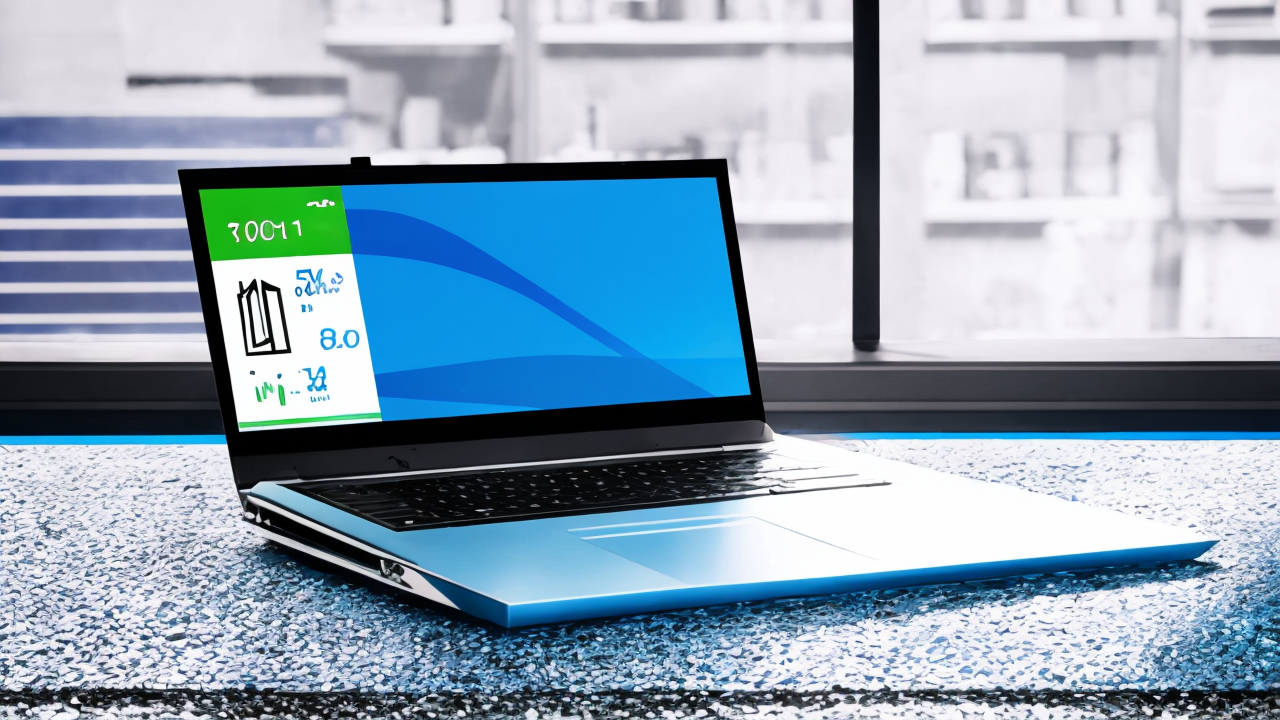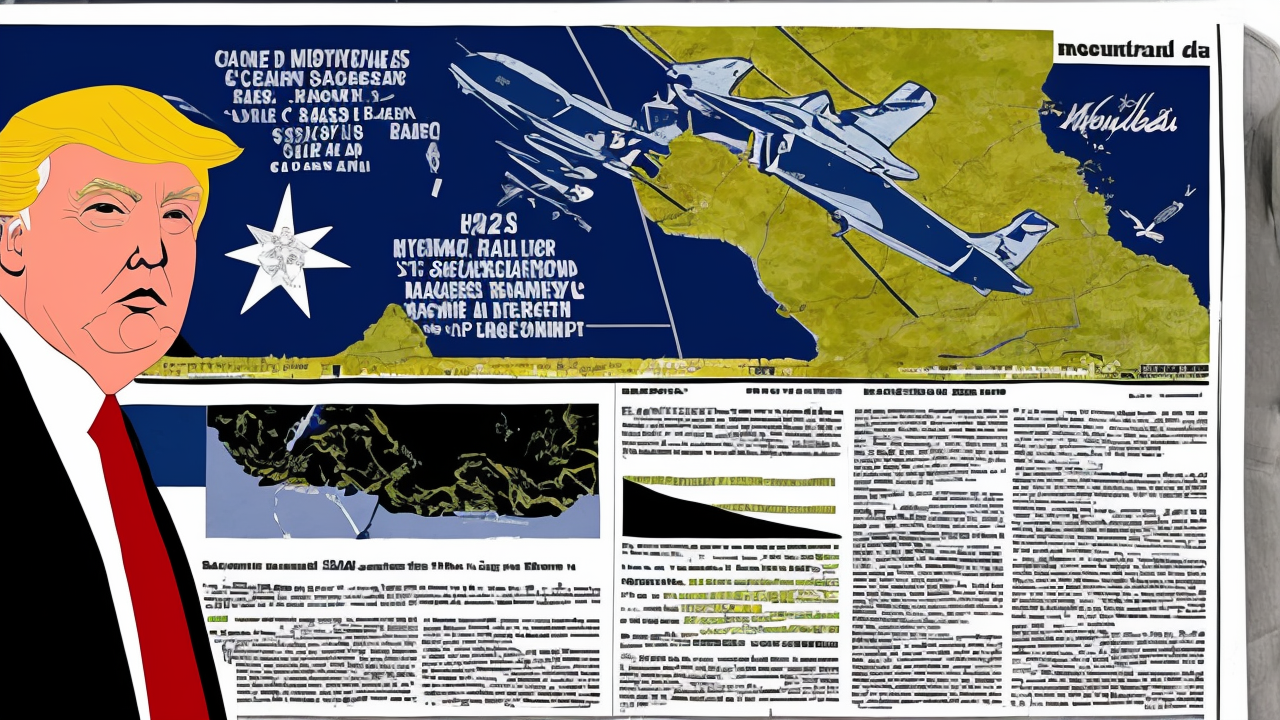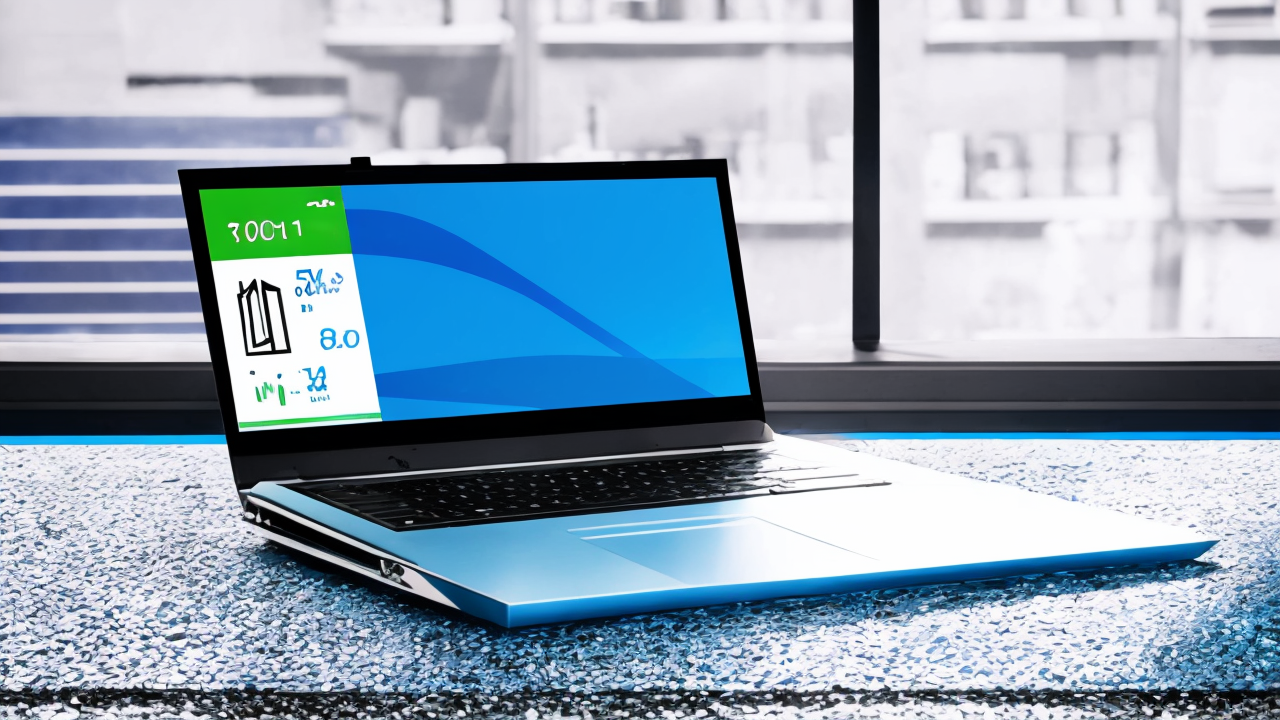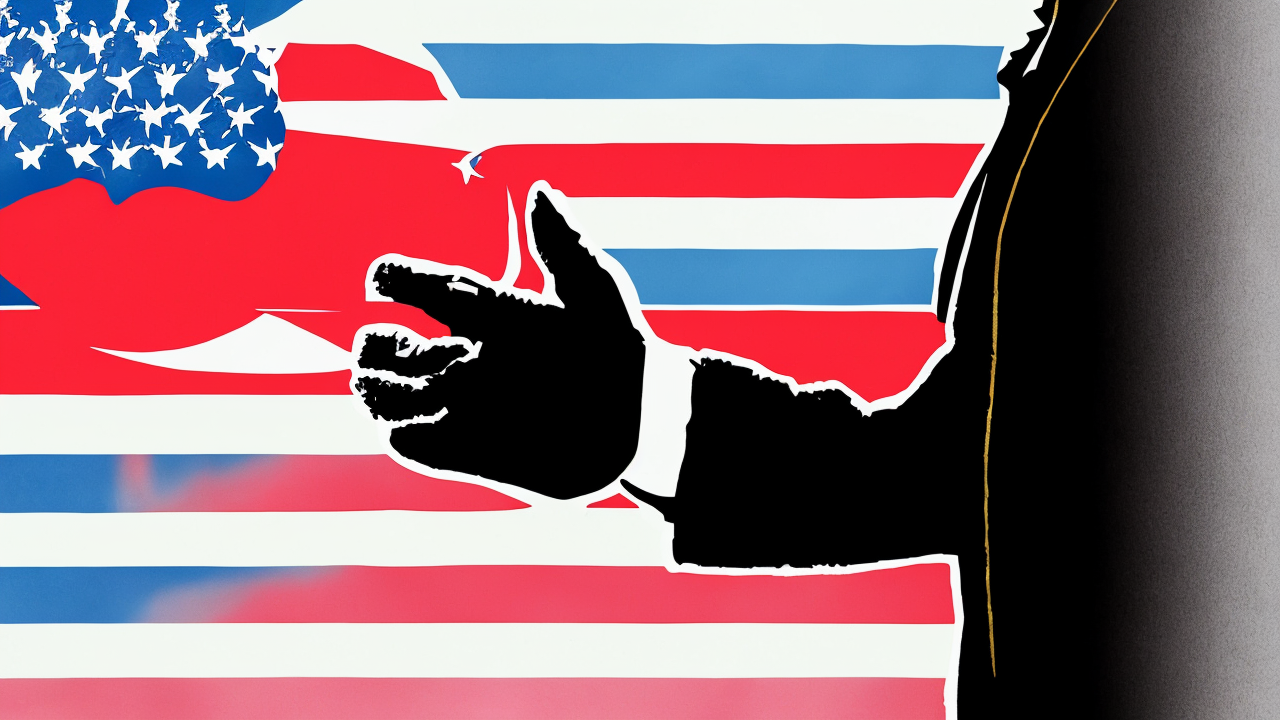Microsoft Expands Copilot AI in Windows 11, Aiming to Learn from Past Failures

Microsoft is deepening its integration of artificial intelligence into Windows 11, with Copilot emerging as the central feature of this evolution. The company has moved beyond the limitations of its earlier voice assistant, Cortana, which was phased out after failing to gain lasting user engagement. Now, with a renewed focus on functionality and usability, Copilot is being introduced through both voice commands—activated by the phrase “Hey, Copilot”—and traditional keyboard shortcuts, ensuring accessibility for all types of users.
One of the most notable additions is Copilot Vision, already available in the United States, which analyzes screen content in real time. This feature can guide users through complex tasks in applications like Excel by offering context-aware suggestions or help identify objects in photos. For gamers, a beta version of Gaming Copilot is being tested, aiming to assist with in-game navigation and performance optimization. These capabilities suggest a future where AI becomes a seamless part of daily computing, reducing the friction of manual workflows.
Beyond guidance, Copilot is being designed to perform actions directly on the user’s behalf. It can create or edit documents, navigate web applications, and even adjust system settings based on natural language input. A user might simply ask, “Sort my vacation photos by date and location,” and Copilot would execute the request without needing detailed technical steps. This level of automation promises to save time and reduce cognitive load, especially for those managing multiple tasks across devices.
Still, with such power comes responsibility. Microsoft has taken steps to address security and privacy concerns. It is using isolated user accounts for AI agents, enforcing code-signing for all updates, and restricting AI access to only essential permissions. These measures are meant to prevent unauthorized access and reduce the risk of malicious activity. The company is also relying on the Windows Insider Program to gather feedback from real users before rolling out updates more broadly—this cautious approach reflects a recognition that rapid deployment without testing can lead to public distrust.
Yet, for many conservative observers, past missteps remain a cautionary tale. The controversial Recall feature, which automatically captured screenshots and typed text without clear user consent, sparked widespread backlash and raised alarms about data retention and surveillance. While Microsoft now claims to have learned from those mistakes, skepticism persists. The idea that an AI system can analyze personal files, monitor screen activity, and interact with core operating functions inevitably raises questions about who controls the data and how it might be used in the future.
This is not to reject innovation outright. The benefits of AI—increased productivity, faster problem-solving, and greater accessibility—are real and valuable. But progress should not come at the cost of personal autonomy or the foundational values of privacy and self-reliance. When software learns what we do, where we go, and how we work, it creates a record that can be exploited, either by corporations or by government agencies with expanding reach.
A healthy technological future requires balance. We can embrace tools that make life easier while holding companies accountable for transparency and user control. We must demand clear opt-ins, robust data deletion policies, and limits on how long information is stored. These are not just technical requirements—they are moral imperatives rooted in respect for the individual.
In the end, the integration of Copilot into Windows 11 marks a turning point in how we interact with computers. It offers real promise, but it also reminds us that with greater convenience comes greater responsibility. As we move forward, we must ensure that technology serves people—not the other way around. By advocating for strong privacy standards, clear accountability, and a commitment to protecting personal freedom, we can build a future where innovation and principle walk hand in hand.
Published: 10/16/2025








